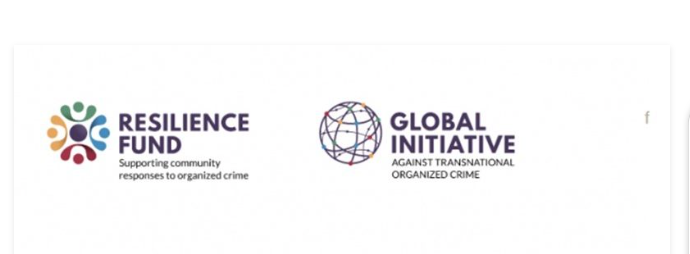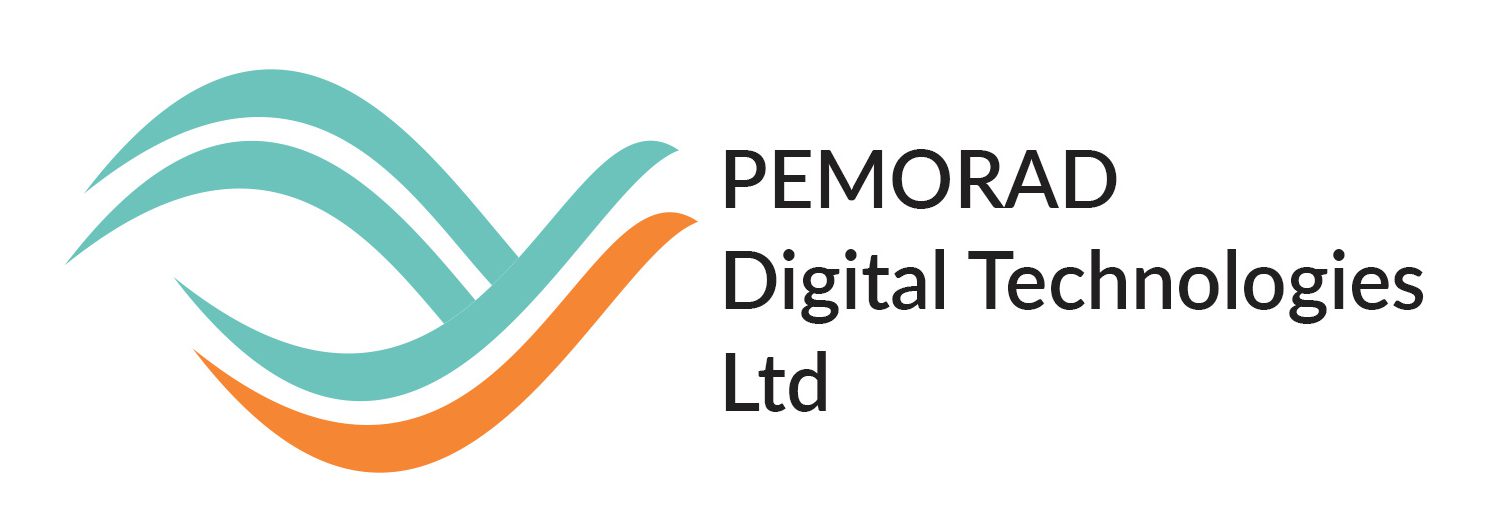Application Deadline: January 4, 2021
The Global Initiative Against Transnational Organized Crime (GI-TOC) is pleased to announce the second edition of the Resilience Fellowship, ‘Extortion as an illicit economy of organized crime’, to build a platform for cross-sectoral, global and interdisciplinary collaboration between civil-society actors, human-rights activists, journalists, artists, scholars, policymakers, grassroots community leaders and others working to counter the effects of organized crime.
Resilience Fellowship
The Resilience Fellowship is a new initiative of the Resilience Fund that provides support and opportunities to a cohort of individuals from around the world, including civil-society actors, human-rights activists, journalists, artists, scholars, policymakers, community leaders and others working to counter the effects of organized crime.
Each year, the Resilience Fellowship will have a chosen theme focusing on a global issue around which fellows will collaborate to find new perspectives and responses, drawn from their diverse but shared experiences in the fight against organized crime.
The Resilience Fellowship is based on a three-pronged approach:
Sponsorship: Providing financial support, so that Resilience Fellows will have the resources and time to conduct their work on a collaborative project during the fellowship year. Grants of USD$15 000 per fellow will be awarded for one year.
Networking: Offering mentorship opportunities with experts from the GI-TOC; the aim is also to bring Resilience Fellows together on a residency retreat to begin the collaborative project to be undertaken during their fellowship year.
Dissemination: Creating a platform for Resilience Fellows to share their work and ideas publicly – using platforms such as festivals, conferences, civil-society forums, and national and international publications. These will widen public discourse, deepen engagement with society, and elicit support and participation from the general public and, ultimately, policymakers.
Theme for 2021: Extortion and organized crime
For 2021, the theme of the Resilience Fellowship will be extortion and organized crime. Within this framework, Fellows will be asked to combine their various perspectives in the development of collaborative outputs, as well as to represent the Fund as Resilience Fund Ambassadors who will raise awareness of the theme, issues and the importance of civil society in countering organized crime.
This theme was selected because it is a long-standing core strategy and business model of organized criminal groups, but it is also an urgent and salient issue today, as it continues to violate human rights and fundamental freedoms. Extortion is frequently used as a strategy to spread terror within society. It is a motor of migration and displacement in many communities. For organized-crime groups, it is a tool of control and fear. According to the GI-TOC report A criminal culture: Extortion in Central America: ‘The damage caused by extortion is huge and widespread. It harms the economy of nations, the legitimacy of government and the social fabric of families and communities.’
This issue is not exclusive to any country, region or continent. It is prevalent around the world, making it a relevant and extremely important theme to many potential Fellows. Moreover, extortion affects communities at the most basic level — and in the long-term — hindering community-level resilience by eroding trust, fueling frustration and creating a climate of fear. Despite all this, remarkable and innovative community responses have been observed. By helping Fellows explore the issue of extortion more deeply, creative local and global solutions can emerge, inspiring communities and their responses. In this way, the Resilience Fund will cultivate progress towards its central objective: to incubate resilience in communities affected by organized crime.
Eligibility criteria
For the year 2021, a total of 10 Fellows will be selected.
These can represent the fields of journalism and media; activism; advocacy and community mobilization; the creative arts (including artists, writers, filmmakers and others); community leaders (religious, cultural or youth leaders); academia (researchers and scholars), and the public sector (policymakers). Individuals from other disciplines will be considered if their work is relevant to the Resilience Fellowship’s objectives and annual theme.
The Fellowship welcomes applications from individuals of any gender, ethnicity, age, religion, or any other defining factor, who work in communities affected by organized crime. The overall make-up of the 10 Fellows will be diverse and will reflect an equitable geographic and gender balance.
Selection criteria:
1. Participants should be from countries disproportionately affected by organized crime and/or from least developed countries (LDCs).
2. Participants should ideally work closely within communities severely affected by extortion related to organized crime, or have strong ties within them, and should have ongoing or established projects or engagement. The cross-border nature of issues relating to organized crime allows applicants working within a wider, non-geographic community to be considered on a case to-case basis. There is no requirement that the Fellow live in the community concerned.
3. Participants should be able to demonstrate how the funding and support will be used.
4. Participants who have direct experience in their communities’ issues, related to the annual theme, are particularly encouraged to apply.
5. Participants must be fluent in at least one of these three languages: Spanish, English and French.
Participants’ prior work should demonstrate a commitment to the ethics and values of the Resilience Fund.
Each fellow will receive US$15 000 (divided in three payments of US$5 000) to be executed with no other limitation than the principles of professionalism, integrity and transparency; the proposal presented in the application form; the terms and conditions of the Fellowship agreement, and the implementation of collaborative actions with other fellows.
Online Application Form
Interested parties must submit an application through the online form provided at the end of this section.
This form contains a set of questions where you should highlight the following information:
• A description of who you are: your personal details (such as name, nationality, date of birth, etc.) and your work linked to the Fellowship’s theme, extortion as an illicit economy of organized crime.
• Your motivation:
How has organized crime affected your community? (With emphasis on this year’s theme.)
What does resilience mean to you?
What have you done to encourage resilience in your community or the community you have been working with?
What specific problem would you like to help solve in relation to the theme of this Fellowship?
What actions would you implement with the Fellowship? Identify clear and specifications. If you have received other grants or fellowships please specify which ones and explain the coordination mechanisms you will use to comply with all of them.
Why do you believe you are a good candidate for this Fellowship?
• An outline of the work you have done so far, including links mentioning your work (such as news clippings, videos, documents, publications, etc.)
You will not be able to attach any documents to your application. Please make sure that you have included all relevant information in the online form. It will not be possible to edit it once it has been submitted.
Applications will not be received by email. They must all be submitted via the online form.
If you have technical issues uploading your application or if you have any questions, please contact: [email protected]
For application details, visit: https://resiliencefund.globalinitiative.net/resilience-fellowship-2021/






